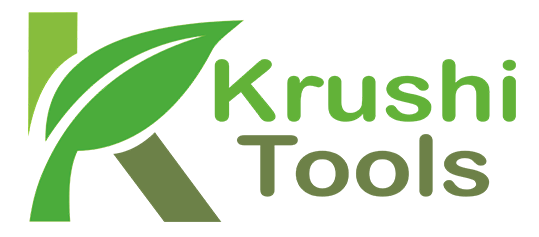Drones are increasingly being used for agricultural applications, including spraying crops. Drone spray pumps are a type of drone that is equipped with a pump that can be used to spray pesticides, herbicides, and other cEnsuring Safety and Compliance: Best Practices for Operating ahemicals.
While drone spray pumps can be a valuable tool for farmers, it is important to operate them safely and in compliance with all applicable laws and regulations. Ensuring Safety and Compliance: Best Practices for Operating
Here are some best practices for operating a drone spray pump:
- Obtain the necessary training and certification. In many jurisdictions, it is necessary to obtain a commercial drone pilot license in order to operate a drone for commercial purposes.
- Follow all applicable laws and regulations. This includes complying with the Federal Aviation Administration (FAA) regulations for unmanned aircraft systems (UAS).
- Inspect your drone and equipment before each use. This will help to ensure that your drone is in good working order and that all of the equipment is properly functioning.
- Plan your flight carefully. This includes considering the weather conditions, the terrain, and the location of any obstacles. Ensuring Safety and Compliance: Best Practices for Operating.
- Maintain a safe distance from people and property. When operating a drone spray pump, it is important to maintain a safe distance from people, animals, and property.
- Be aware of your surroundings. This includes being aware of the location of other aircraft, power lines, and other hazards.
- Use caution when spraying near water bodies. Pesticides and other chemicals can contaminate water bodies, so it is important to use caution when spraying near lakes, rivers, and streams.
- Follow the manufacturer’s instructions. This includes following the instructions for mixing and applying the chemicals.
- Wear appropriate personal protective equipment (PPE). This includes wearing a mask, gloves, and eye protection.
- Clean up any spills or leaks immediately. This will help to prevent contamination of the environment.
By following these best practices, you can help to ensure that your drone spray pump is operated safely and in compliance with all applicable laws and regulations.
Additional tips:
- Keep your drone and equipment clean. This will help to prevent corrosion and other damage.
- Store your drone and equipment properly. This will help to protect them from the elements.
- Stay up-to-date on the latest safety and compliance information. This will help you to stay informed of any changes in the law or regulations.
Additional resources:
- FAA UAS Safety website
- EPA Pesticide Safety website
- Drone Spray Pump Manufacturers Association
Conclusion
Drone spray pumps can be a valuable tool for farmers, but it is important to operate them safely and in compliance with all applicable laws and regulations. By following the best practices outlined in this blog post, you can help to ensure that your drone spray pump is used safely and effectively.
I would also like to add that it is important to be aware of the environmental impact of using pesticides and other chemicals. Always follow the manufacturer’s instructions for mixing and applying chemicals, and use caution when spraying near water bodies.
I hope this blog post has been helpful. If you have any questions, please feel free to leave a comment below.



